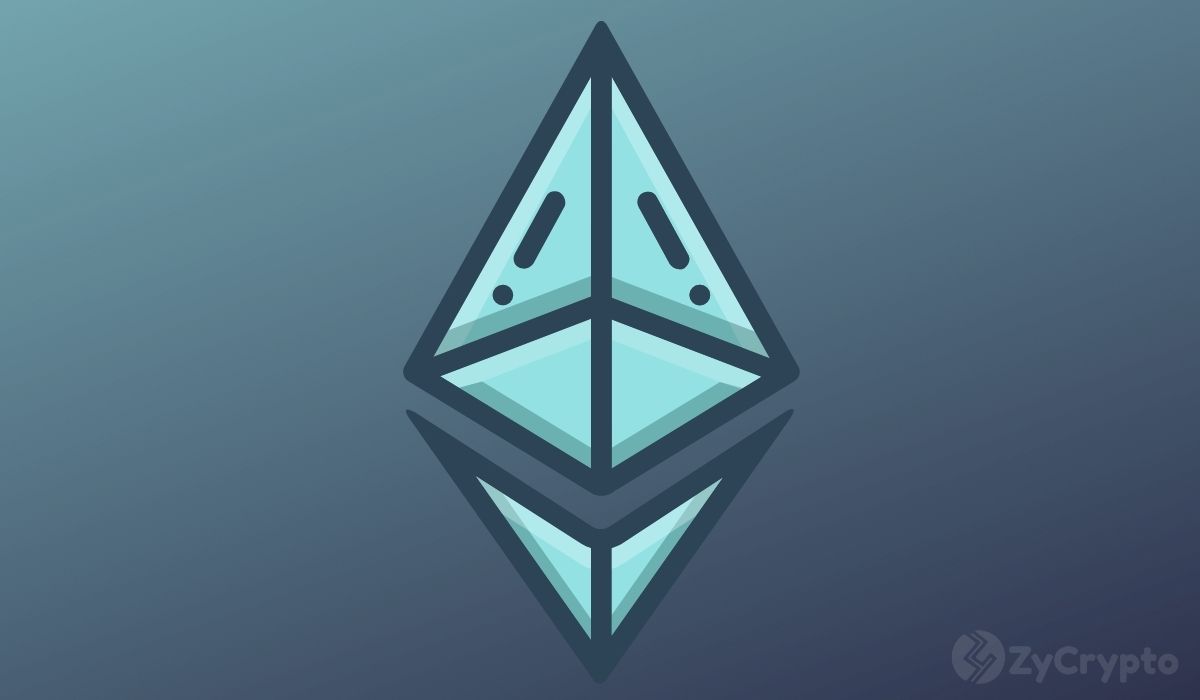According to Glassnode, the average total fees paid on Ethereum’s network have just reached a 150-day low. This value corresponds to the lowest gas fees paid for the period of 5 months. Glassnode’s analysts rely on the 7-day moving average to avoid the impact of random daily fluctuations.
The previous 5-month-low level was reached on September 27, 2021, and it was still above the current level by $1,241.51. The total fees hourly chart illustrates several peaks of gas fees during the past months. The first one occurred in November of 2021. It was associated with the overall boom in the crypto market and the mammoth DeFi and NFT transactions on the network.
As the transition to the proof-of-stake mechanism and Ethereum consensus layer isn’t met yet, both gas fees and total fees paid skyrocketed during that period. Then, the rapid decline followed in December, reflecting the reversed crypto market trend. Another wave of total fees’ growth occurred in January, although it was less severe as compared with that from November. As bullish expectations remained unconfirmed, the rapid decline in total fees continued in the first half of February.
The major grounds of the feasible drop in ETH demand currently persist. The first one is the growing uncertainty among investors regarding the future dynamics of the crypto market in the following months. The second one is investors’ traditional preferences for Bitcoin as a more effective store of value as compared with Ethereum. Therefore, during corrections and recessions, most investors tend to reallocate their crypto assets in favor of BTC, thus lessening demand.
The corresponding reduction in the number of ETH transactions leads to proportional changes in total fees paid. The third one is the innovation of Ethereum competitors, offering higher scalability and cost-effectiveness. For example, blockchains such as Solana, Cardano, and Polkadot utilize advantages associated with their proof-of-stake mechanisms. For this reason, more and more projects are moving away from the pricey and inflexible Ether network to more efficient alternatives.







